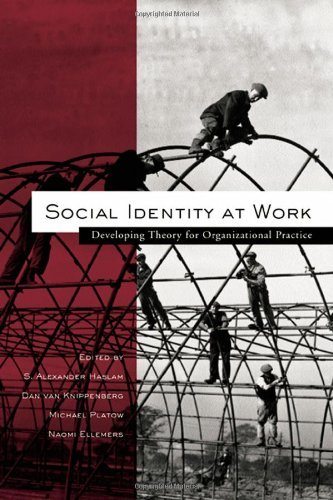In this chapter we argue that issues of identity are central to understanding how communication technologies affect organizational practice. We develop this argument by first reviewing some of the dominant approaches to understanding the social psychological processes implied or held responsible for CMC effects. We highlight the common themes underpinning these approaches, and trace their origins. As we hope to make clear, despite the variety of approaches, they rely nevertheless on a small set of common assumptions about the nature of CMC.
Chief among these is the assumption that the reduced bandwidth of telecommunications determines the social character of communication in CMC—or rather its lack of sociality. This technical feature has been used in various ways to predict a range of social outcomes of CMC-use in organizations.
However, we argue that the predictions do not correspond with the actuality of CMC use. In the second half of the chapter, we discuss a theoretical blind-spot common to these approaches that can be overcome by adopting a social identity approach to organizational CMC. We argue that this approach can account for many of the varied and context-dependent effects that have been observed in group CMC within a single unifying conceptual framework.


